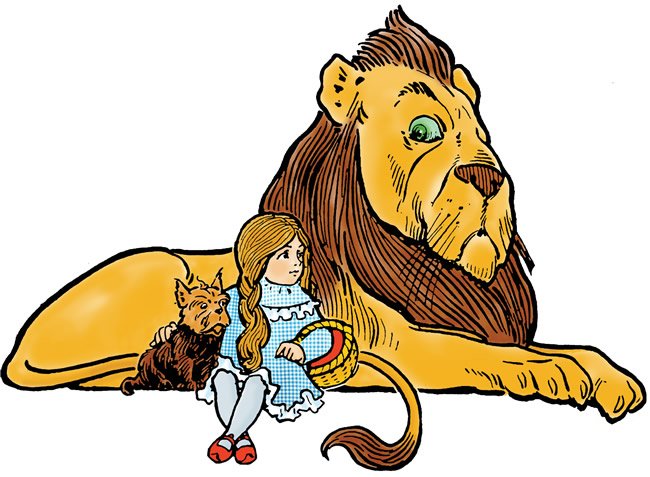Sunday, October 16, 2016
To move forward/backward through the talk, slide the gray bar that appears once audio is playing.
[/jbox]
 October is a month for study of Karma Yoga, a spiritual path centered on selfless service to others. Working and abiding in this spirit, every activity of a karma yogi becomes a kind of worship of the Divine Presence within each person or other living being that is served.
October is a month for study of Karma Yoga, a spiritual path centered on selfless service to others. Working and abiding in this spirit, every activity of a karma yogi becomes a kind of worship of the Divine Presence within each person or other living being that is served.
Albert Einstein said, “If you want your children to be intelligent, read them fairy tales. If you want them to be more intelligent, read them more fairy tales.”
The Library of Congress has declared THE WIZARD OF OZ “America’s greatest and best-loved homegrown fairytale.” Published in 1901, it remains an all-time best-selling book of children’s literature. More than three million copies had already been sold by the time it entered the public domain in 1956.
For us, it’s notable that the book’s author, L. Frank Baum, was strongly influenced by Swami Vivekananda. A student of Theosophy, Baum and his family were living in Chicago in 1893; they eagerly looked forward to the Parliament of World’s Religions. Baum, his wife and mother-in-law were in the audience on September 11th when Vivekananda received a two-minute standing ovation after the Swami said simply, “Sisters and Brothers of America …”
Baum attended more of Vivekananda’s talks, and was later captivated by the Swami’s best-selling book “Raja Yoga,” published in 1896. Theosophists of the time incorporated that book, and Vivekananda’s lectures on Jnana, Karma, and Bhakti yoga, into their teachings.
In this talk and discussion, we review Dorothy’s strange and wonderful journey to the Emerald City of OZ, and explore how the spiritual principles and practices taught by Vivekananda are reflected in the characters and events of Baum’s evergreen fairy tale.